Duration
Class Schedule
Financial Aid
Placements
Access to state of the art equipment and industry-centric curriculum, shaping future success.
The Certificate in Cinematography is ideal for aspiring cinematographers, visual storytellers, and beginners looking to build strong cinematography skills. Designed for those who are keen to learn cinematography from the ground up, this course combines theory with hands-on training in cinematography basics. Through hands-on experience with DSLR and cinema cameras, lighting techniques, and camera movement, students develop a practical foundation in a creatively rich, industry-aligned environment.
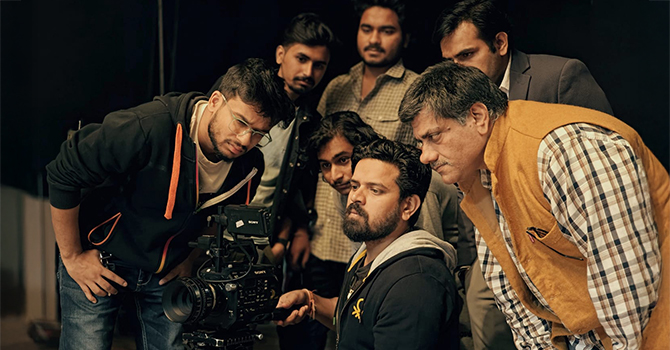
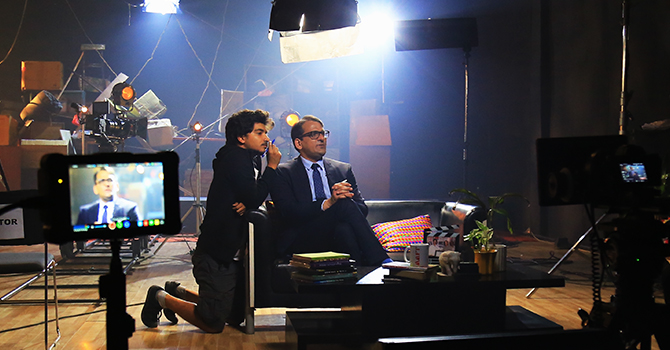
With our 6-month Certificate in Cinematography program, students receive hands-on training in camera composition, visual effects, lighting, color grading, sound design, and so on. The certification course in cinematography follows a 70:30 model, with 70% practical learning and 30% dedicated to written assessments, strategic thinking, and critical analysis..
At AAFT, the six-month Certificate in Cinematography is led by a distinguished team of educators and active industry professionals involved in national and international event projects.
AAFT’s cinematography course is backed by dedicated placement support, strong industry linkages, and a focus on real-world outcomes.
The Certificate in Cinematography emphasizes hands-on learning through camera workshops, lighting drills, and supervised on-set practice. Students explore both the technical and creative dimensions of cinematography, mastering tools like DSLR and cinema cameras, lenses, and lighting setups. The curriculum includes real-world projects, internships, and a final showreel, helping students apply their cinematography skills across film, television, OTT, and advertising.
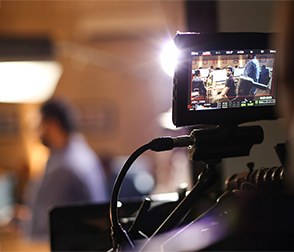
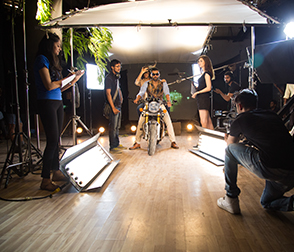

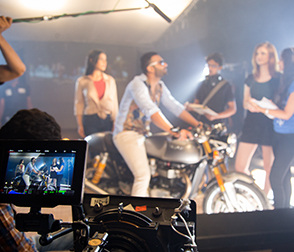

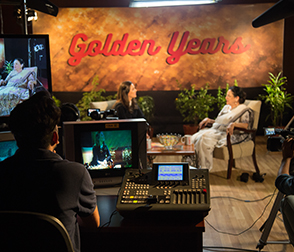
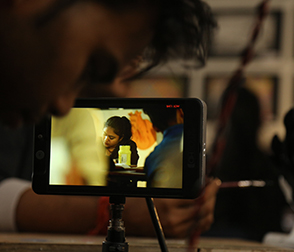
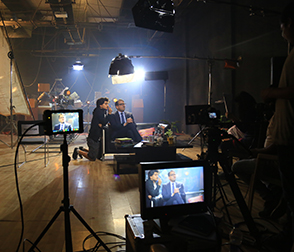
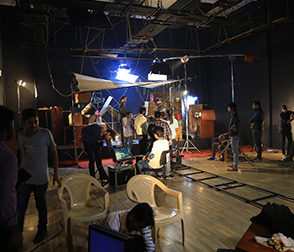

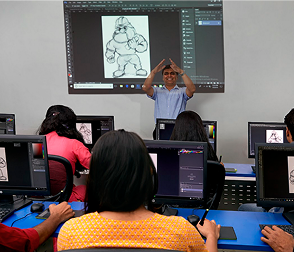
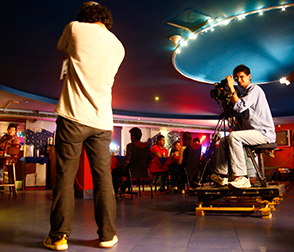
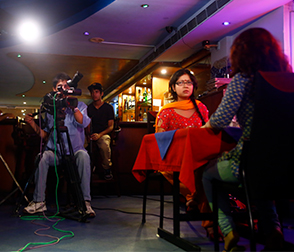

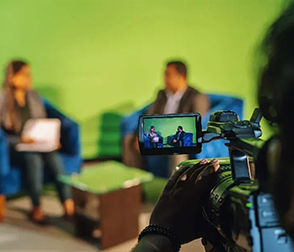
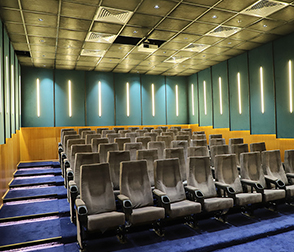

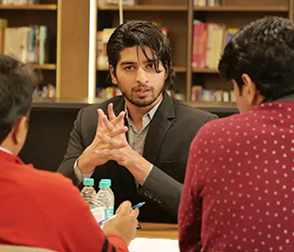
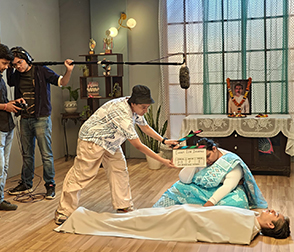
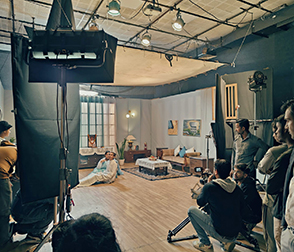

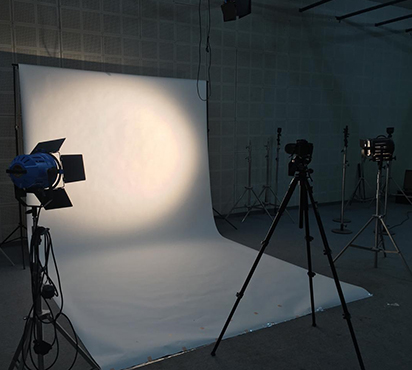
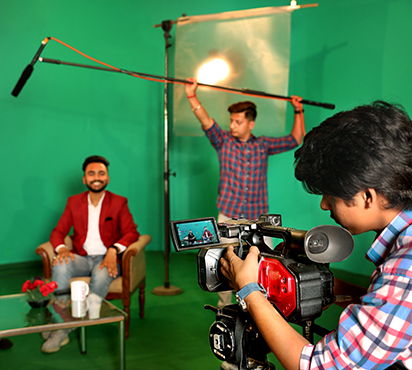
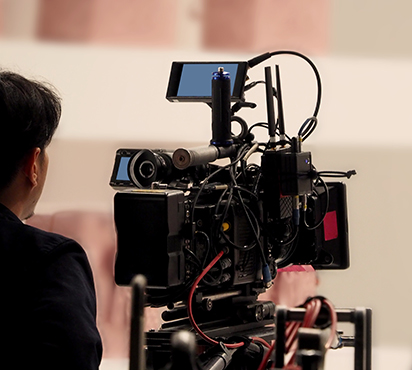
AAFT Boats of a highly qualified and experiences team of professor who hold impeccable industrial acumen after having led successful careers in their respective fields.
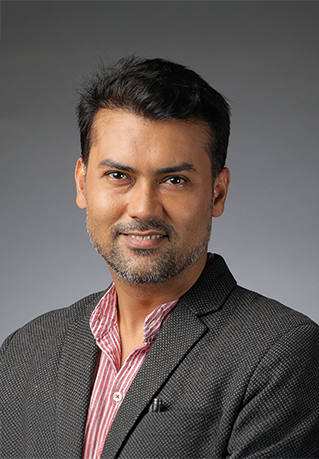
Assistant Professor
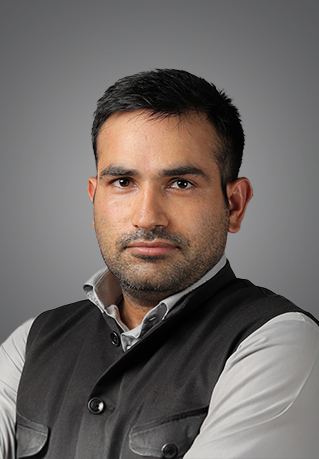
HOD - School of Cinema
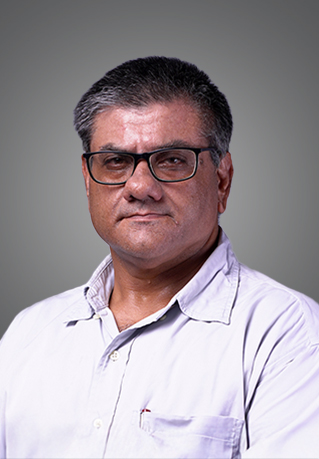
HOD - Production

Assistant Professor

Assistant Professor
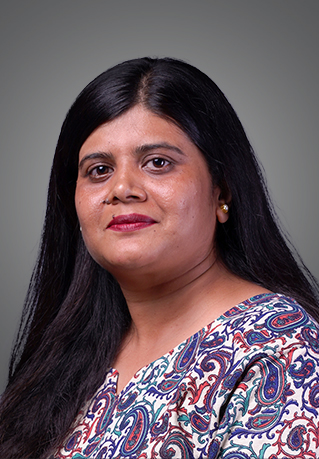
Assistant Professor
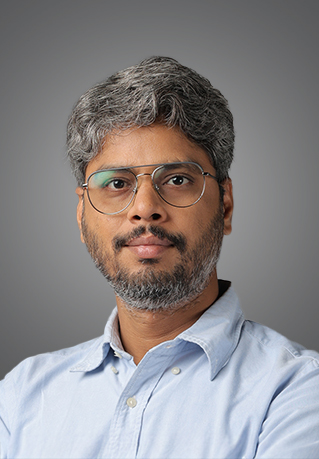
Assistant Professor

Assistant Professor
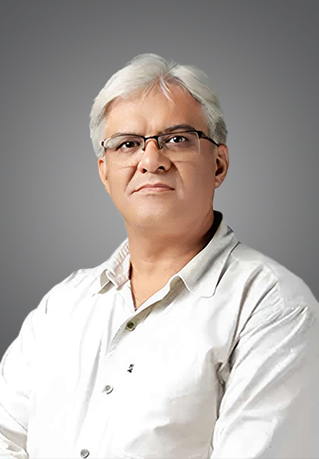
Assistant Professor

Assistant Professor

Dean, Short Term
We attract exceptional candidates who possess a blend of intellectual curiosity, leadership potential and a passion for music, thereby creating a cohort of promising future leaders.
Candidate must have a 10+2 from a recognized university/institution
Candidate must have a minimum of 50% marks in 10+2 (45% for reserved categories)
Candidate need to clear the AAFT Global Entrance Test (GET)
Candidate must have a 10+2 from a recognized university/institution
A personal interview will be conducted to screen your application.
Post the admission round, the admission letter will be rolled out to the selected candidates.
The cinematography course spans 6 months.
Fill out the application form online at pay-registration or visit the campus. For details, call 09811014536 / 09811013654 / 0120-4831100 or visit apply-now.
After completing the course, students can pursue roles such as -
No, this cinematography course is designed for beginners. Throughout the program, you will be guided step-by-step through both theory and hands-on exercises.